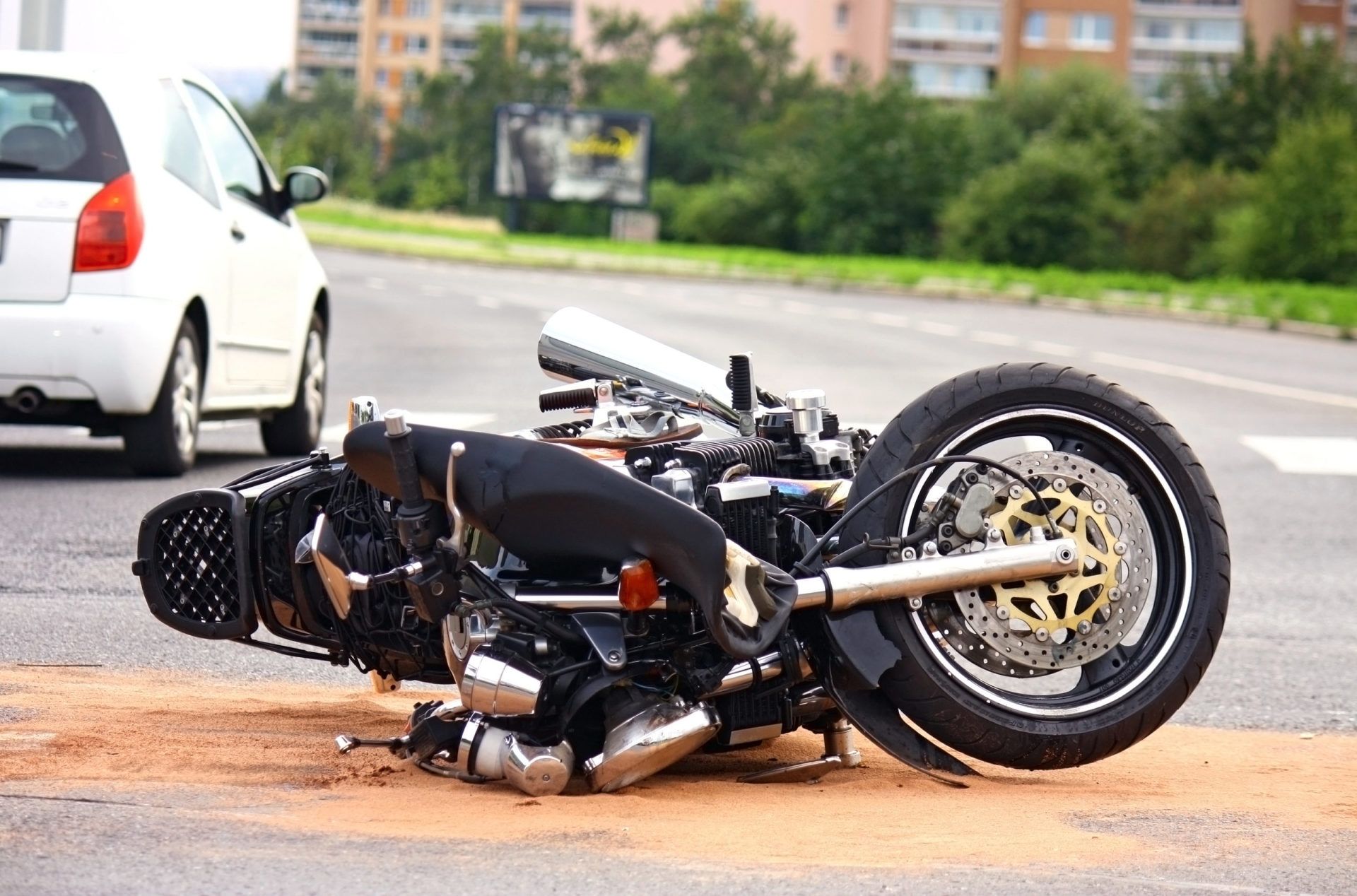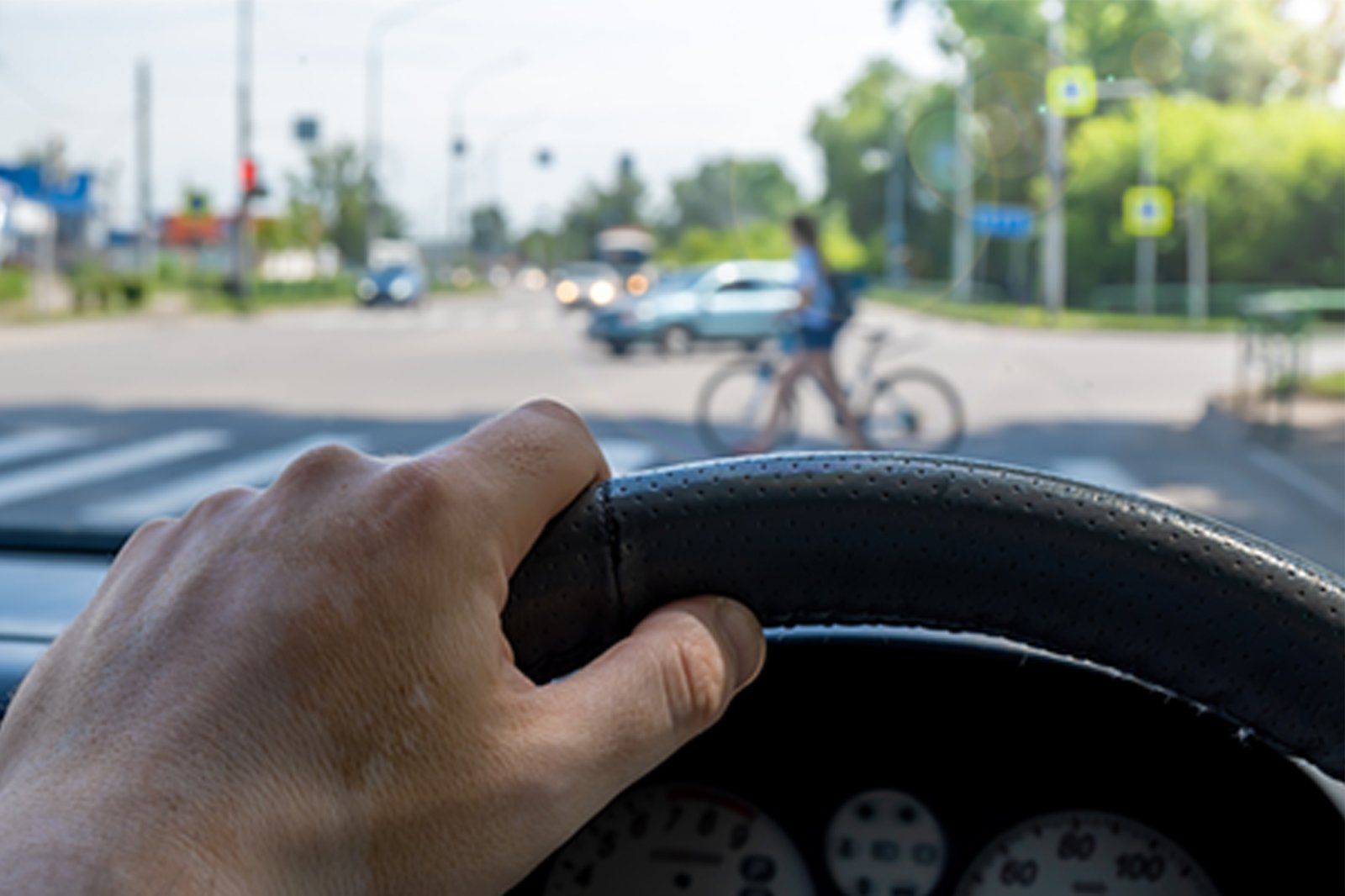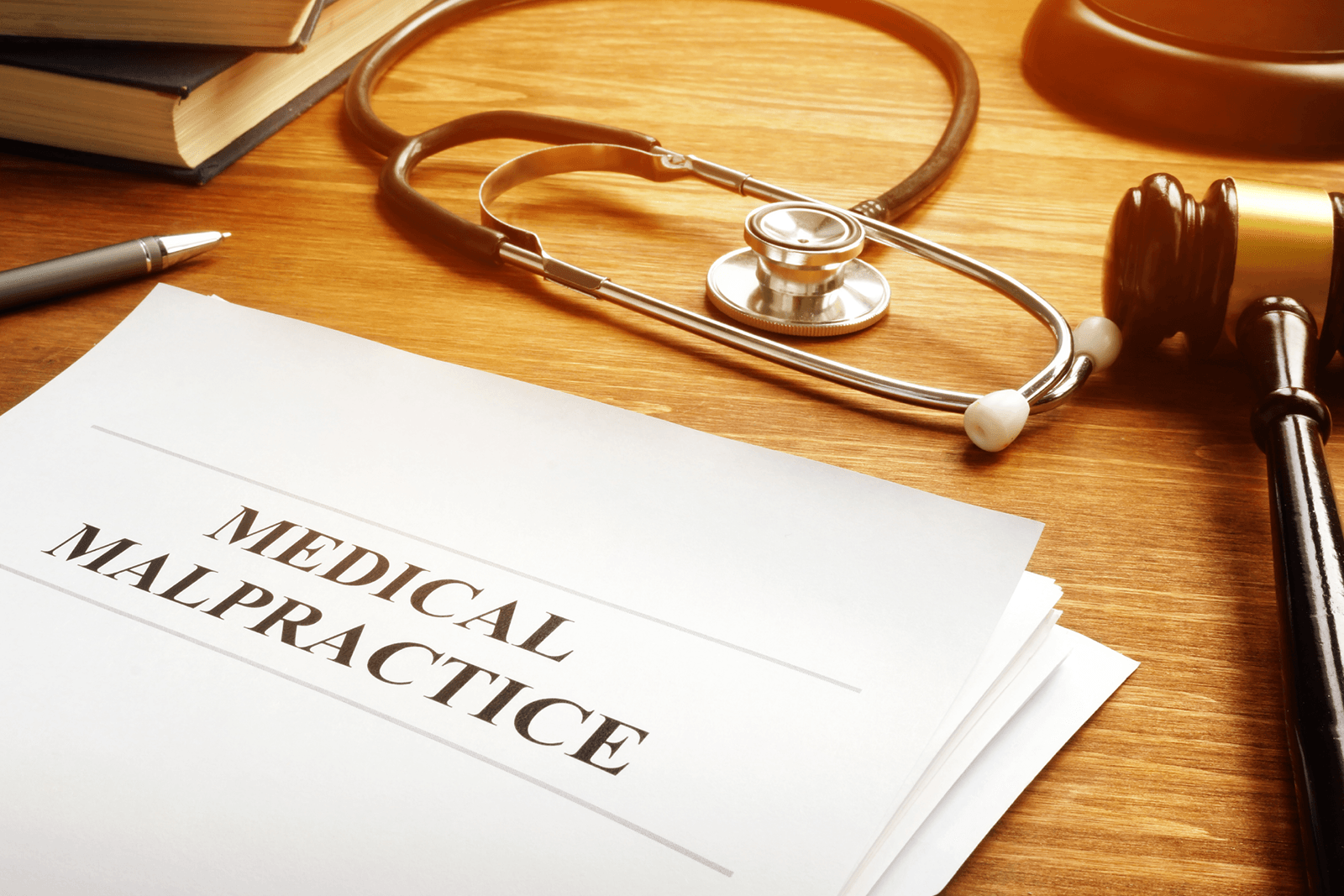What You Need to Know About Illinois Rear-End Collisions
Anyone who has ever driven through Illinois most likely noticed the difference in roadways and driving conditions throughout the state. Majority of Illinois consists of sprawling farmland and straightaway highways. It is not uncommon for motorists to be going upwards on 80 mph on these roads which can lead to very dangerous rear-end collisions. However, the city of Chicago also presents an opportunity for lower-speed accidents to happen in heavy traffic or crowded intersections.
A rear-end collision is one of the most common types of car accidents, and it’s almost impossible to avoid when it’s happening. Unfortunately, that doesn’t make its effects any less devastating. According to the Illinois Department of Transportation, rear-end collisions comprise the highest number of injury crashes in 2017 totaling 19,990 injuries in just 1 year. No matter the severity of the accident, it is important to know the most common causes and injuries so that you can be prepared.
COMMON CAUSES
There are many reasons in which a rear-end accident can take place. However, the most common in Chicago are:
- Speeding- long straightaway roads often tempt drivers to speed whether it’s intentional or not. The best way to avoid being involved in an accident due to speeding is to use your vehicle’s cruise control option, if it is available.
- Distracted driving- whether you are taking in the great views that Illinois has to offer, texting, or messing with the radio, it’s easy to miss the vehicle in front of you coming to a sudden halt if your eyes aren’t on the road.
- Faulty brakes- even if you are not a victim of the scenario described above, the condition of your breaks can be the difference between stopping on a dime and a life changing rear-end collision.
- Tailgating- this is a term often used when one car is driving too closely to the back bumper of another. It’s easy to see how this dangerous practice could lead to a rear-end collision by not allowing enough room for both vehicles to quickly come to a safe stop. The best way to avoid a rear-end collision caused by tailgating is to always leave enough space between you and the vehicle in front of you so that you could both come to an unforeseen stop without colliding.
WHIPLASH
One of the most common injuries after a rear-end collision is whiplash. Whiplash is caused when the neck is suddenly jerked in a back and forth motion. The body is unable to brace the spine and neck at the moment of impact. Signs of whiplash include:
- fatigue
- tenderness in the neck, shoulders, and upper back
- dizziness
- neck pain/ stiffness that usually gets worse with movement
- loss of range of motion in the neck
- headache
- numbness or tingling in the arms or hands
While some whiplash symptoms can appear right away, others are not apparent for hours or even days after the incident. Neck pain, headaches and stiffness are commonly experienced by rear-end accident victims, sometimes before you even leave the scene. You may also experience shoulder pain, limited neck motion, dizziness or tingling in your arms. It is not uncommon for extreme fatigue to develop after a whiplash injury. In severe cases, you may suffer from memory issues and blurred vision among other debilitating symptoms.
SPINAL INJURIES
Other spinal injuries can result from rear-end collisions, and some can be quite serious. A patient’s spine may be fractured, or they may have a broken, slipped, or herniated disc in their spine. These injuries may cause several symptoms:
- numbness, tingling, or other losses or changes in perception
- difficulty breathing or walking
- exaggerated reflex responses
- back pain, including dull or sharp pains and referred pains
- a feeling of pressure in the spine
- loss of control of the bladder and/or bowels
- paralysis
All spinal injuries should be taken seriously after rear-end collisions. If you suspect that you may have a spinal injury, it’s important to get examined and treated as soon as possible.
CONCUSSIONS
According to the CDC, “A concussion is a type of traumatic brain injury—or TBI—caused by a bump, blow, or jolt to the head or by a hit to the body that causes the head and brain to move rapidly back and forth.” Symptoms of a concussion include:
- headache or a feeling of pressure in the head
- confusion, sluggishness, or loss of memory
- fatigue
- slurred speech
- nausea or vomiting
- ringing in the ears
- sensitivity to light and sound
Typically, the easiest way to tell if a person had a concussion was loss of consciousness followed by dilation of the eyes. However, many concussions can happen while the victim retains consciousness the entire time. Additionally, symptoms sometimes show up long after the accident, or one the concussion seems to have gone away.
Concussions are relatively common, and doctors used to treat them as a mild injury. However, recent evidence has caused doctors to reevaluate concussions as more serious conditions. If a patient suspects they have or have had a concussion, it’s a good idea to seek medical help as soon as possible.
NEXT STEPS AFTER A REAR-END COLLISION
The first thing you should do after a car accident is call an ambulance, even if the people involved feel fine. The EMTs will be able to check everyone out, and may offer advice on treatment to seek, transportation to the hospital or best practices for dealing with minor injuries.
Along with receiving prompt medical care, it is important to contact a law firm that is knowledgeable in rear-end collisions. In Illinois, there is a legal presumption that the person who physically rear-ended the driver in front of them is at fault. However, WG Law Group has successfully worked on numerous Illinois rear-end accident cases. They know that there are many different scenarios that can lead to a rear-end collision. It is of the upmost importance to get to the bottom of who or what actually caused the accident to help victims of rear-end accidents get the compensation that they deserve.
You can get a sense of your legal position by taking advantage of their free consultation. Your current finances should not stop you from seeking help. WG Law Group does not charge you a cent until they have secured a settlement for you. For more information, contact them by calling 312-334-6875 for the WG Law Group Michigan Avenue location or at 815-730-7535 for their Shorewood office. Call today to begin your journey to fair compensation.
The content of this blog is intended for informational purposes only and does not constitute or establish an attorney-client relationship, nor constitute legal advice. If you wish to discuss any further aspect of the material contained herein, please contact an attorney at Whiteside & Goldberg, Ltd.





